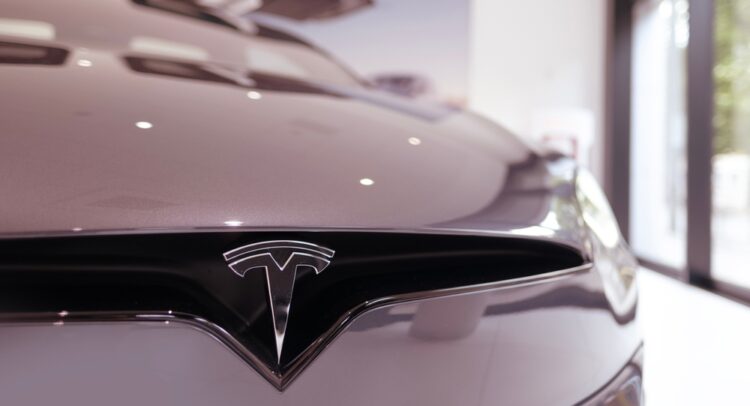The European Union is expected to slightly lower the additional tariff rates proposed for electric vehicles imported from China, according to an exclusive Bloomberg report. This adjustment could significantly impact Tesla (TSLA) and other Chinese automakers. Notably, this is because Tesla also manufactures its EVs at its Shanghai Gigafactory and exports some of them to the EU.
Specifically, it is expected that Tesla’s tariff is set to decrease to just under 8%, down from the originally proposed 9%. According to the report, the revisions are being made in response to new information provided by the companies involved.
Details of the New EU Tariffs
In addition, it is important to note that these additional tariffs will be applied on top of the EU’s standard 10% import duty for cars.
This adjustment means that the revised tariffs will affect several Chinese automakers, including NIO (NIO), as well as various joint ventures between Chinese companies and EU car manufacturers. In response to the initial proposal, China and the impacted companies were given a 10-day window to submit their feedback. This feedback has since been considered by the European Commission in determining the revised tariff rates.
Tariffs Will be Up for Vote in the EU
Moving forward, the final proposed duties will now go to a vote by the EU’s 27 member states. For the tariffs to be blocked, a qualified majority would need to vote against the proposal. A qualified majority consists of at least 15 member countries representing 65% of the EU population. If this threshold is not met, the tariffs will be implemented as planned.
Moreover, according to another report from Mlex, Tesla’s rate will be reduced to 7.8%, while the highest tariff for Chinese manufacturers that did not cooperate with the EU’s investigation will drop to 35.3%, down from 36.3%.
As discussions between the EU and the involved parties continue, further adjustments to these tariff rates are possible.
Why Did the EU Impose Tariffs?
To provide some background, the EU announced these tariffs earlier this year following an investigation that began last year. The aim was to determine whether Chinese EV manufacturers benefit from import subsidies in the European Union. Following the investigation, the EU commented, “value chain in China benefits from unfair subsidization, which is causing a threat of economic injury to EU BEV [battery-operated electric vehicles] producers.”
As a result, the increased tariffs from the EU will likely substantially increase the cost of these Chinese EV imports for customers within this bloc.
Which Is the Best EV Stock?
We used TipRanks’ Stock Comparison tool to find the best EV stocks. We filtered stocks that have earned a “Strong Buy” or “Moderate Buy” consensus rating from Wall Street analysts. Based on the results below, these are the best EV stocks to buy, according to their recommendations.




















